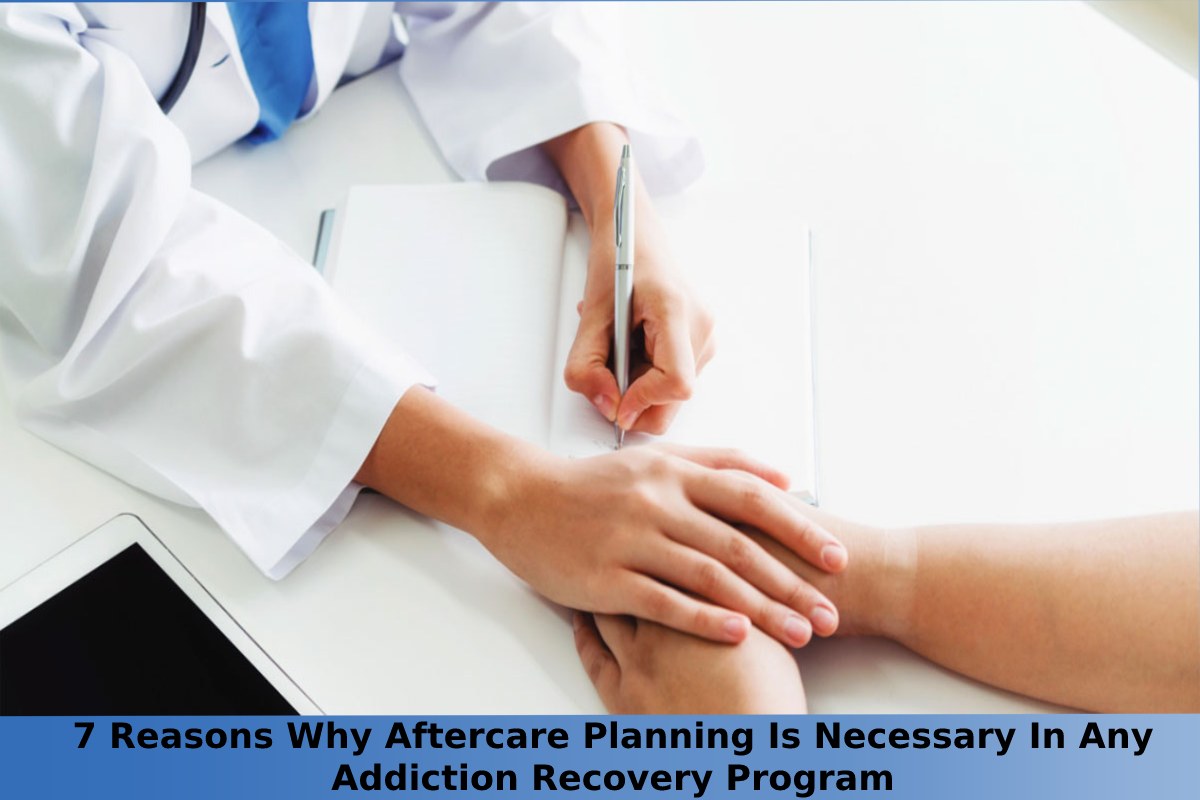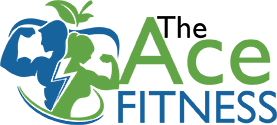Generational Trends in Grocery Shopping: A Changing Landscape

Addiction Recovery Program – Addiction can always end. But it doesn’t always end just once. Part of the flaw in many addict’s recovery plans and journeys is the assumption that drug addiction ends in one final, decisive battle. Addiction is imagined as something that comes about all at once, and then is dispelled all at once. This view of the situation is far too simplistic and does not help people recover.
What helps people recover from addiction is the ability to keep up treatment for addiction after the initial plan succeeds. The first obstacle that most addicts face is called “withdrawal”, sometimes called “detox”. This is when the drugs drain from your body and cravings set in.
Once your body is clean of drugs and cravings subside, however, that does not mean you are free of addiction. The addiction happened for a reason, and it is the same reason addiction happens to everyone: The environment and circumstances made it seem like a valid solution.
After your initial period of withdrawal and detox, the next step is to apply “aftercare” to make sure that your lifestyle and situation has improved enough to make you resistant against a relapse. But just what is aftercare? And why is Addiction Recovery Program so important?
Table of Contents
1. Your Environment Affects Your Addiction
One of the biggest predictors of addiction is depression, and one of the biggest predictors of depression is an environment that has been neglected. You need to change your environment to be different from how it was when you were addicted, or you are setting yourself up to fail.
Make a plan to change your environment after your initial treatment. That can mean cleaning it, but it can also mean moving, getting a new job, or taking up new hobbies to introduce new friends into it. Consider every layer of your environment in order to take care of it.
2. Addiction’s Health Effects can Appear Later
Some of the health issues created by addiction will be obvious. Aches and pains, cold and hot spells, anxiety, trouble sleeping, and other problems that sound simple but are debilitating in large enough amounts. But after you get into a recovery program, things change.
You go from worrying about the aches and pains to worrying about what caused the aches and pains. Dealing with that is not always so simple, and it requires a plan following the program.
3. You Need Time to Learn Your Triggers
For some people, arguments are easy. They might even be fun. For others, they are borderline traumatic. Knowing which kind of person you are is already important. But for anyone who has undergone an addiction treatment program, it is a matter of relapse or staying clean.
Aftercare is the time for you to learn what causes you to use whatever it is you are addicted to. When you are undergoing treatment, it can feel like you always have a craving for it. But once you detox, you will need to look for what stresses in particular cause a craving.
4. Changing Your Diet is Critical and Hard
While you were addicted to whatever you were addicted to, you probably didn’t eat that well. It is not actually impossible for you to have had a healthy diet while being addicted—plenty of “white collar” addicts maintain a stable lifestyle for a while, even while addicted to cocaine or alcohol.
But most times, people don’t seek an addiction recovery program until they see a decline in their quality of life, and food is a big part of that. Getting back into a healthy diet takes time and effort.
5. Relapse can Happen to Anyone
Addiction does not care if you are strong or weak. It does not care if you are punctual or chronically late, nor does it care if you are a hard worker or lazy.
And similarly, relapse can happen even if you are strong, punctual, and hardworking. The only way to prevent it is by having a plan for responding to it. Aftercare is the act of making that plan and following it, and the various components of aftercare (environment, diet, etc.) are the tools.
6. Most People Can’t Exercise Until After Withdrawal
Physical activity is a big part of aftercare, as that is when you are getting the most return on the effort you put into it. There are people who have maintained their fitness through their addiction, but they are extremely uncommon. Most times, people begin to slow down and avoid exercise.
This results in them being incredibly out of shape by the time they hit withdrawal, which only makes the symptoms of withdrawal harder. But once you are in an addiction treatment program, you can far more reliably work out without being held back by those symptoms. And that means your cravings will reduce, your anxiety will be manageable, and your chance of relapse lesser.
7. Aftercare is How You Validate Your Self-Esteem
Imagine the phrase “I am worth something.” Most people, particularly addicts, can say that phrase as much as they want. It will always be true, but they will almost always disbelieve it.
How does a person go about convincing themselves that something like that is true? Well, consider almost any other phrase. If you say, “I am an artist” or “I am an athlete”, then you have a clear idea of how to make those statements believable: Do what an artist or an athlete does.
Aftercare is the method by which you make the statement that you are worth something true.
Conclusion
Addiction Recovery Program – You really should think about the weight of each word in the phrase “aftercare planning”. The “after” implies that there is a point where you are addicted, and a point where you are not. As an addict, you have to believe in such a thing. The “care” suggests that you put some effort into taking care of yourself, something which is impossible to do until after your treatment.
And of course, “planning” means you have a plan. Write down your steps and follow them. And visit New Waters Recovery if you want some ideas on what those steps should be.



